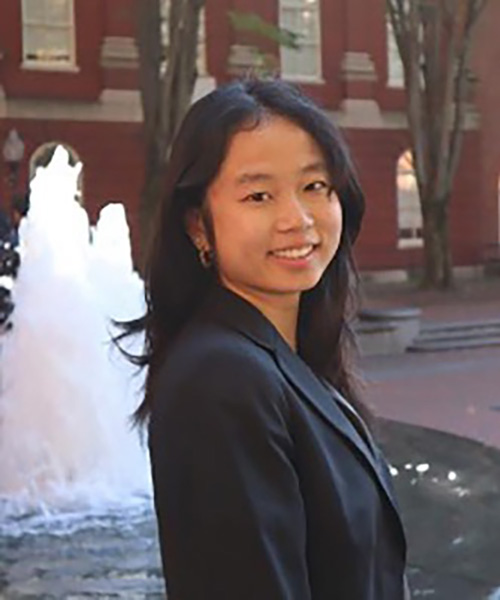
Beyond the Headlines: Bridging Divides through Dialogue
Zifei Zhao | May 15, 2025
Responding To: Georgetown Students Reflect on Virtual Exchanges with Tsinghua University
Patrick Coggin
As a student at Georgetown University, it’s easy to fall victim to groupthink. As we are surrounded by those who share common interests, this results in listening and adapting to specific perspectives, opinions, and ideas around campus. This phenomenon of conformity poses a serious threat as we slowly, and often unknowingly, suppress our viewpoints, which influence our current and future actions. Critically, the environment of Georgetown and Washington, DC drags us into a bubble that dehumanizes flashpoints that we’ve become accustomed to in the United States, such as U.S.-China relations. To fully understand the danger of uninformed decisions and their impact, it’s crucial to step back to grasp the larger picture, which includes learning about Chinese perceptions of the United States. Striving for a new understanding of those looking at the United States led me to participate in this semester’s U.S.-China Student Dialogue.
Once accepted to the student dialogue, I was eager to meet Tsinghua University students during our weekly Zoom calls. Despite my initial hesitation about what we could accomplish each week, I thoroughly enjoyed having discussions over current flashpoints affecting the United States and China. Not only did we attempt to solve most of the world’s problems in under an hour, but I also got to understand new perspectives that I wouldn’t have imagined otherwise. Learning from distinguished professors and professionals on issues ranging from the environment to politics, the speakers established a solid foundation for our virtual discussions that we later used for our in-person presentations. Despite our group conversations having moments where we hesitated to speak, we quickly became comfortable with sharing more personal perspectives on global issues.
Sharing perspectives, developing trust, and forming connections were the most crucial takeaways during the virtual dialogues. Our vulnerability in sharing genuine feelings and concerns over issues impacting the world allowed us to find similarities as students despite living thousands of miles apart. As we shared memes over WeChat and debated about the best boba place in Beijing, my first experience in a virtual student dialogue was amazing, dissolving any previous hesitations or concerns I had before the dialogue. The Tsinghua students were very welcoming and allowed us to feel comfortable as we shared our viewpoints despite having several disagreements ranging from economic policy to national security challenges. I was particularly eager to discuss unique issues facing U.S.-China relations under Trump’s second administration. Comparing our thoughts between his 2016 and 2024 terms, discussions and debates about Trump helped solidify areas for cooperation, such as enabling both governments to collaborate in arms control agreements.
When developing these points, our groups understood the limited influence we had on current geopolitical tensions. However, looking at long-term relations, both Tsinghua and Georgetown students will soon enter positions with control over future bilateral ties. During a time when conflict between the United States and China seems almost inevitable, our exchanges humanize the current dialogue, reminding us of the impact our decisions have. After our last virtual dialogue, I truly believe student dialogues are key in addressing current anxieties, fears, and misconceptions about both countries. Traveling to Beijing in a month, I strongly believe our discussions will continue to strengthen friendships, trust, and in the future, U.S.-China relations.
Patrick Coggin (SFS‘27) is a student at Georgetown University studying international politics.

Zifei Zhao | May 15, 2025
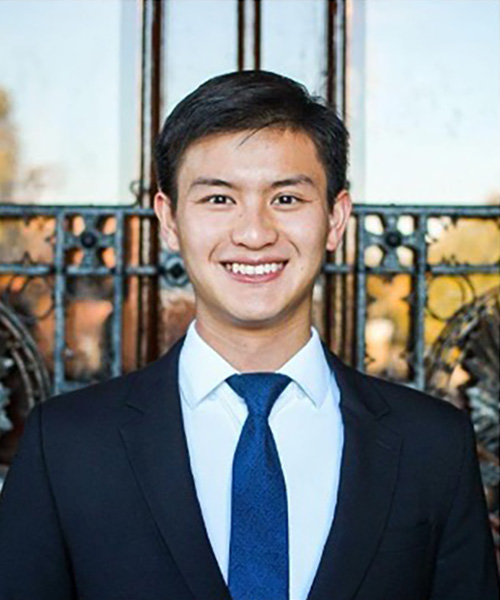
Bennie Chang | May 15, 2025

Aanika Veedon | May 15, 2025

Luke Hughes | May 15, 2025
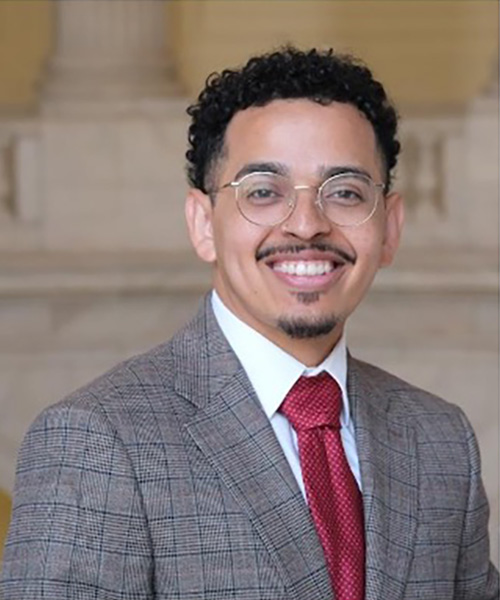
Daniel Castro Bonilla | May 14, 2025

Emmy Ekstrand | May 14, 2025

Isabella Stratta | May 14, 2025

Lam Tran | May 14, 2025
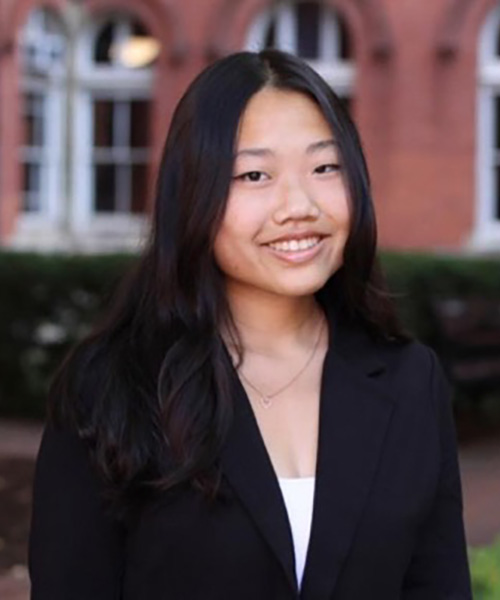
Maggie Yang | May 14, 2025

Tiffany Cowan | May 14, 2025

Drew Zacharias | May 14, 2025
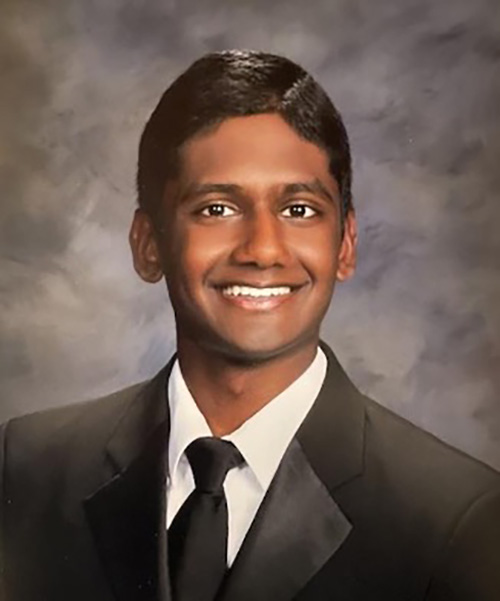
Raghav Akula | May 14, 2025